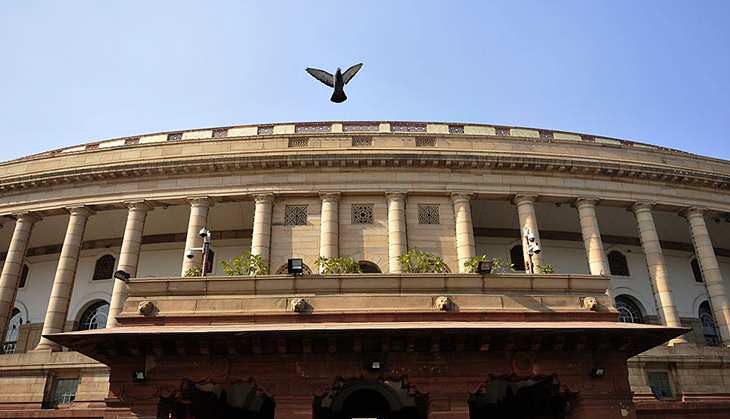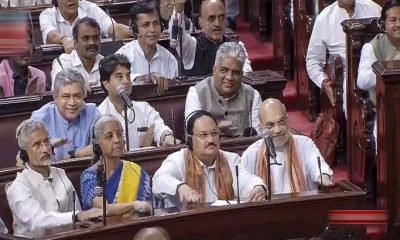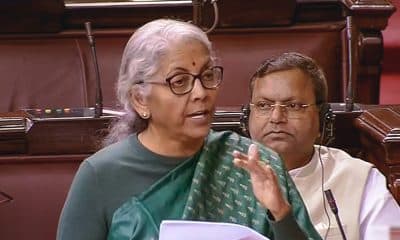Business
GST bill finally get passed in Rajya Sabha after a delay of 5 years
Touted by many as the next most optimised way to restructure the current taxation system in the country, the decision to introduce country-wide Goods and Services Tax (GST) was finally made in the Rajya Sabha on Wednesday with the passing of the Constitutional Amendment Bill.
Introduced as early as 2005- 06, GST was supposed to be introduced in 2011-12 initially. A lot is expected from this reformation of indirect tax that mainly concerns the economic integration of the country’s economy.
The main objective of this tax is to consolidate and streamline the indirect taxation process making it easier and more effective. Taxpayers will now one inclusive tax instead of many that they do currently, which includes State Value-Added Tax (VAT), Central Excise, Service Tax, Entry Tax or Octroi and much more.
The new system would entail both the States and the Centre to collect identical rates of taxes on goods and services. For example, if the GST is 20% on a good country wide, the states (SGCT) and the centre (CGST) would each get 10%.
However, not all is confirmed at the moment as there has been no agreement yet on rates of various goods and services.
A panel under chief economic adviser Arvind Subramanian has recommended a revenue-neutral rate of 15-15.5%. It has recommended a three-tier rate structure wherein some essential goods will be taxed at a lower rate of 12%.
The so-called demerit goods such as luxury cars, aerated beverages, pan masala and tobacco products at a higher rate of 40%, and all remaining goods at a standard rate of 17-18%.
Of course, the ease of doing business is one of the first and most important advantages which this reformation brings. A business, which is operating in many states currently, faces a lot of issues regarding the different procedures and fees in each state. GST will bring about uniformity in this process.
The second most important thing would be that apart from the simplifying the taxation system, the logistics cost and time have taken to cross state borders would further get reduced. The whole Indian market opens up for manufacturers as interstate supply becomes tax-neutral, which in turn reduces several others costs born of this complication.
From the consumer point of view too, the GST brings much relief. As it is applied on value addition at each stage and levied at the point of sale and not purchase, the consumer does not have to bear the full burden.
All in all, though the GST bill cannot bring a complete change in the current taxation scenario, it would better issues like double taxation and better compliance from the people.









































Pingback: Maternity Benefit (Amendment) Bill 2016 passed in Rajya Sabha